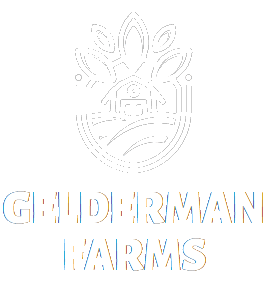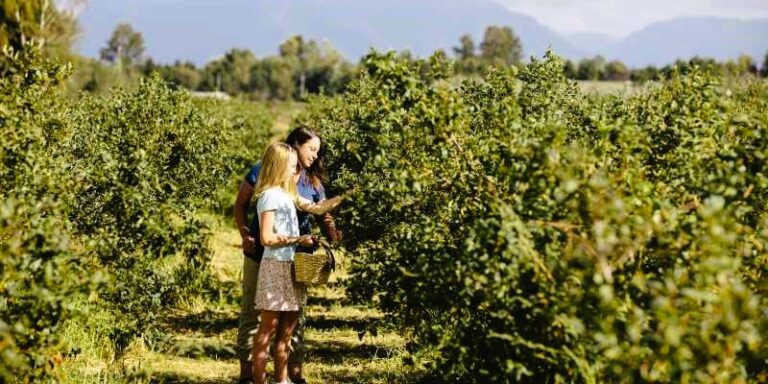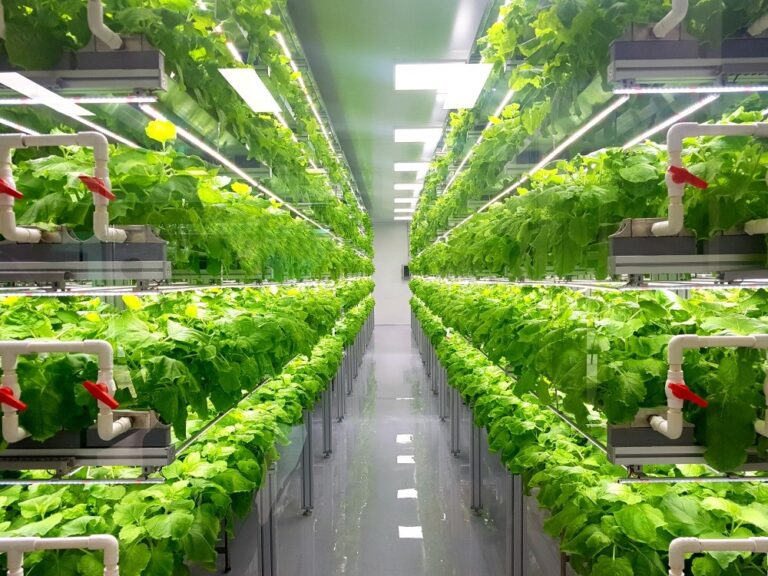Nestled in the idyllic landscape of Abbotsford, Canada, organic farming has emerged as a beacon of sustainability and an embodiment of the harmonious relationship between humanity and the land. With its commitment to natural practices, ecological balance, and a reverence for the environment, organic farming in Abbotsford showcases the true beauty of a farm that thrives in harmony with nature.
Understanding Organic Farming
Organic farming is an agricultural method that emphasizes the use of natural inputs and techniques to cultivate the land and raise livestock. It is based on principles that prioritize soil health, biodiversity, and the well-being of plants, animals, and humans. Unlike conventional farming, organic farming avoids the use of synthetic pesticides, genetically modified organisms (GMOs), and chemical fertilizers.
The Pillars of Organic Farming
Organic farming in Abbotsford rests on several foundational pillars that form the core of its practices and principles.
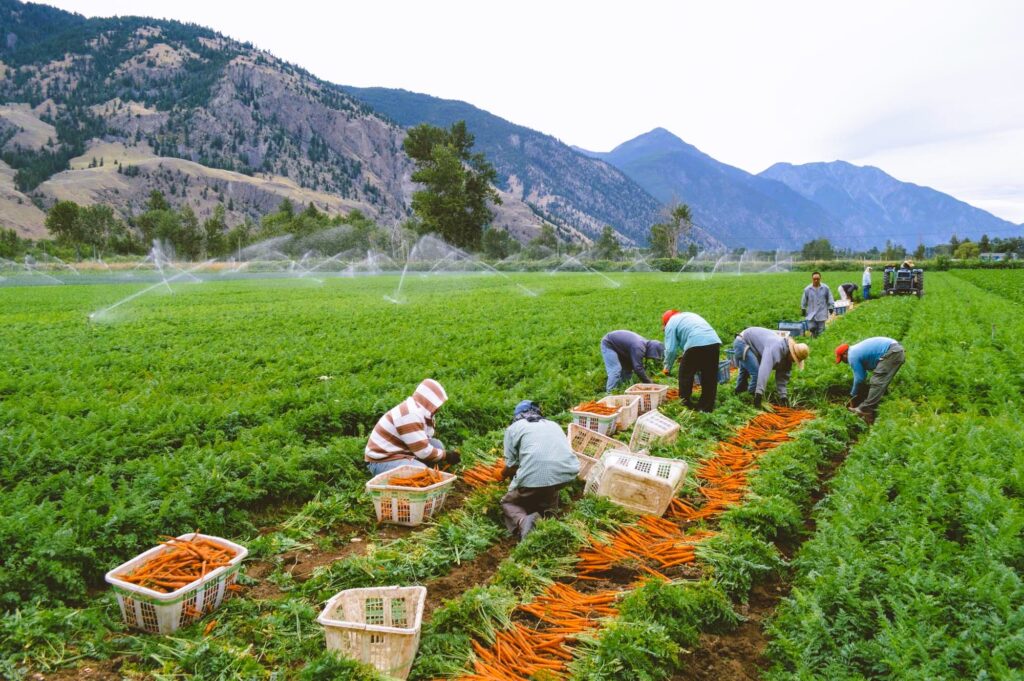
1. Soil Health
At the heart of organic farming lies a profound commitment to soil health. Farmers in Abbotsford understand that the soil is a living, dynamic ecosystem that requires care and nourishment. Practices such as composting, crop rotation, and cover cropping are used to enhance soil fertility, structure, and nutrient content. By fostering healthy soil, organic farms create the ideal environment for robust plant growth and optimal crop yields. Abbotsford’s Farm-to-Table Movement: Embracing Local Produce.
2. Biological Pest Control
Organic farmers in Abbotsford embrace nature’s solutions for pest control. Instead of relying on chemical pesticides, they encourage the presence of beneficial insects and use natural predators to control pests. This approach not only minimizes the environmental impact but also preserves the balance of the ecosystem.
3. Biodiversity
Diversity is celebrated in organic farming. Abbotsford’s organic farms cultivate a variety of crops and often intercrop different plants to create natural barriers against pests. This biodiversity also extends to livestock, with organic farms maintaining a mix of animals that complement each other’s roles in the ecosystem.
4. Non-GMO and Chemical-Free
Abbotsford’s organic farms take a firm stand against genetically modified organisms and chemical inputs. Instead, they prioritize heirloom and non-GMO seeds to preserve biodiversity and safeguard the integrity of the crops. The absence of synthetic chemicals ensures that the produce is free from harmful residues, offering consumers a healthier and more wholesome choice.
Government Regulations and Organic Certification
Organic farming in Abbotsford is guided by strict regulations and certification standards set by government bodies. In Canada, the Canadian Organic Standards, overseen by the Canadian Food Inspection Agency (CFIA), define the requirements for organic certification. Farms that meet these standards can use the “Canada Organic” logo, providing consumers with confidence in the organic integrity of their products.
The Economic and Environmental Benefits
Organic farming in Abbotsford yields benefits that extend beyond the farm gates. By fostering healthy soil, organic practices enhance the land’s ability to sequester carbon, contributing to climate change mitigation. Additionally, the avoidance of synthetic chemicals protects nearby water bodies and promotes water conservation. Organic farms in Abbotsford also play a significant role in supporting local economies and strengthening the community’s connection to the land.
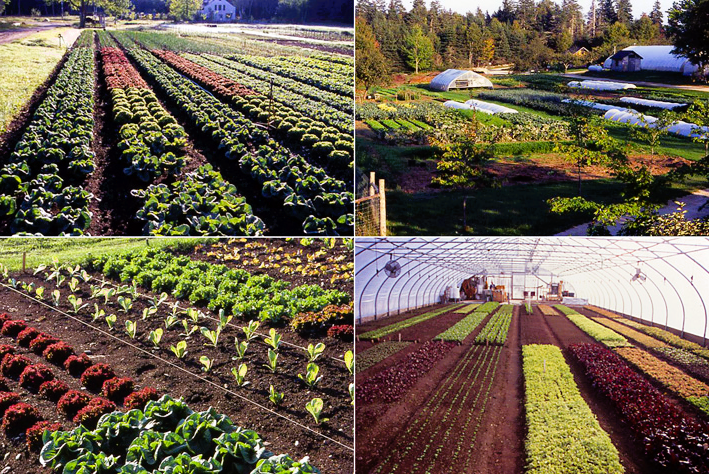
Embracing Organic Farming in Abbotsford
Abbotsford’s organic farming movement continues to gain momentum as more farmers recognize the importance of sustainability and the desire of consumers for ethically produced food. Local organizations, such as the Certified Organic Associations of British Columbia (COABC), offer support, training, and resources to farmers interested in transitioning to organic practices.
A Sustainable Future: Organic Farming in Abbotsford
As the world grapples with environmental challenges and the need for resilient food systems, organic farming in Abbotsford stands as a model of hope and possibility. Its reverence for the land, embrace of biodiversity, and commitment to ecological balance demonstrate the beauty of a farm that exists in harmony with nature. Organic farming in Abbotsford is not just a method; it is a way of life that celebrates the inherent connection between humanity and the earth.
Conclusion
Abbotsford’s organic farms showcase the beauty and significance of a farming approach that nurtures the land, preserves biodiversity, and fosters sustainable agricultural practices. As consumers seek healthier, eco-friendly choices, organic farming in Abbotsford represents a thriving movement that reverberates beyond the region, inspiring farmers and communities worldwide to embrace a more harmonious and sustainable relationship with the environment.
Sources:
